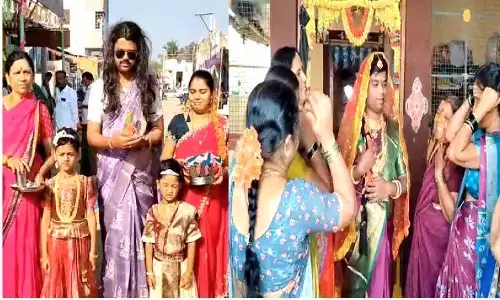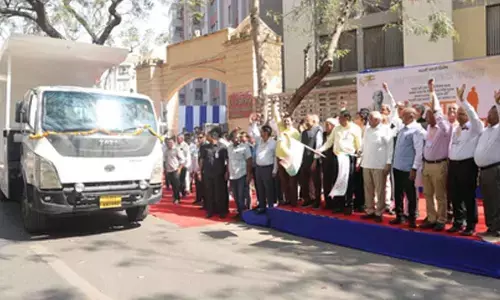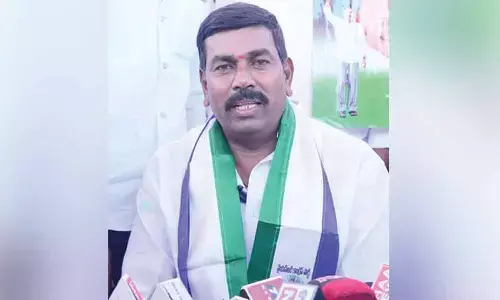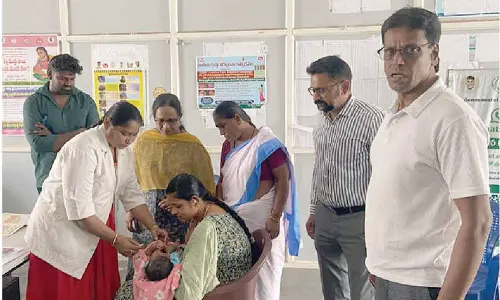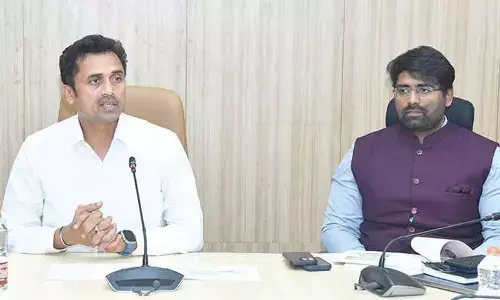When Antigone meets Toba Tek Singh
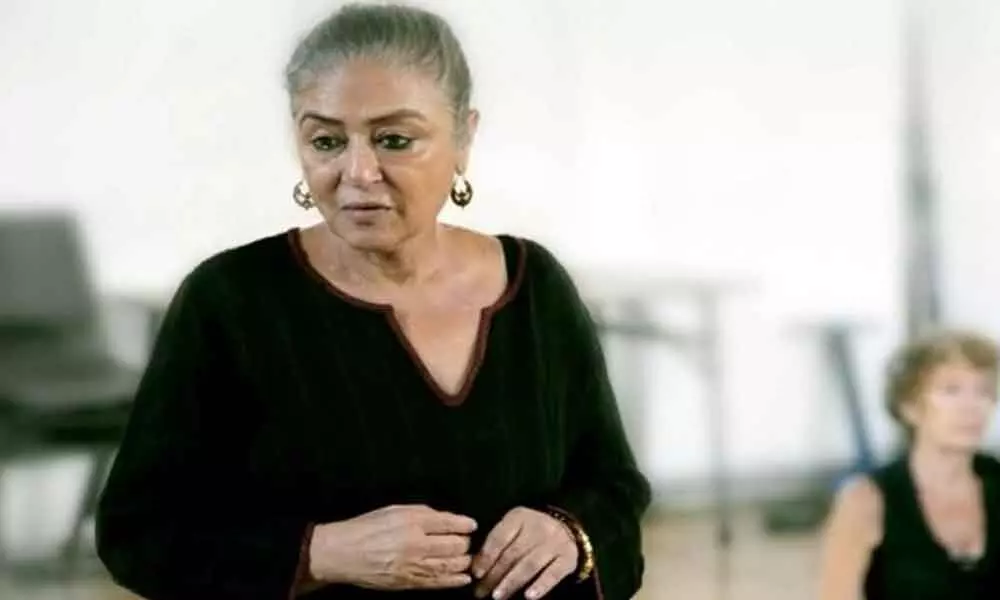
When she got a call from the National School of Drama (NSD), asking what the third-year students should read before she starts a devised production with them from March 12, theatre director Neelam Mansingh Chowdhry immediately said ‘Antigone’ and ‘Toba Tek Singh’, and any text that dealt with loss, dislocation, helplessness and loss of identity.
When she got a call from the National School of Drama (NSD), asking what the third-year students should read before she starts a devised production with them from March 12, theatre director Neelam Mansingh Chowdhry immediately said 'Antigone' and 'Toba Tek Singh', and any text that dealt with loss, dislocation, helplessness and loss of identity.
Keeping the phone down, she did wonder why she recommended the Greek tragedy. "Maybe because Jean Anouilh's 'Antigone' is the first protest play that happened in France under during the Nazi occupation. And Antigone, which is by Sophocles became a symbol of protest —defying authority to bury her brother.
I just thought…what if she meets Toba Tek Singh, so, it's really about imaginary homelands and finding them."
Identity and dislocation, which have been a recurring themes in Chowdhry's work for the past five years, and where, in her last three works, the audience witnessed a mix and match of text — for example Brecht Manto and Dostoevsky, the effort has been to pull out narratives from different sources and referencing them with the life experience of the entire cast.
"It's about tapping the potential of the actors. You become the eye,and decide what to keep and what not to. A devised play is therefore always complicated as there is no role division and set lines," says this Padma Shri awardee.
Chowdhry's play 'Gumm Hai', which was staged during the recent NSD festival in Delhi received a peculiar response. Several people who were seeing it for the second time (it was premiered in the capital a few months back) thought she had changed a few things in light of the recent political developments.
The play is about a child who never returns from school and how every established institution fails her recovery— the Police, government and social workers.
"I didn't add or subtract even a comma. The social and political winds that are blowing, which we are now responding to, have been there for the last couple of years. Some immediate developments like Shaheen Bagh and Kashmir may have had that effect."
Admitting that making play was in many ways a 'necessity' for her, she elaborates, "Either I could have gone down the dark hold of grief or to a psychiatrist. However, my space of expression, where I get my answers and find ways to deal with my daily life is theatre. Every play you make reflects on how you are positioned at that point in life."
The Sangeet Natak Akademi award winning director, who has for the last five years not been working with bound scripts says that she needed to do that in order to challenge herself despite the uncertainty and absence of any hierarchical framework in devised productions.
"For me, this method is very democratic considering its collaborative essence. I believe actors are really the arbiters of the stage. Well, I am not a writer or a painter where creativity is private, isolated and singular.
Theatre is a collective where you work with actors who are live beings with their own syntax, imaginations, and way of looking at things and materials. It's not that my function as the director gets diminished in the whole process. Just that there are two sets of people with different functions working together in a more egalitarian space."
Surprisingly, 'Gumm Hai' is yet to be staged in her hometown, Chandigarh. She wants to open the show in Rock Garden, like all her previous productions. "When Nek Chand was alive, I could just walk in and he would ensure that all infrastructure would be at my disposal.
Now I need to know someone in the Chandigarh administration. And at this point in my life, I know no one. Whether it's me, who has been around for around 35years or an actor just beginning his career, the doors are the same, the keys that you have to find are the same and even funding issues remain the same."


